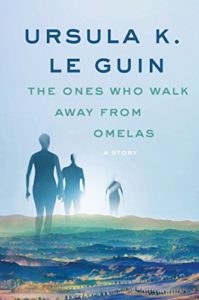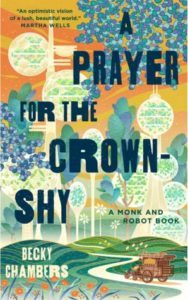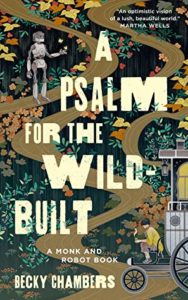 Title: Memoirs of a Snowflake
Title: Memoirs of a Snowflake
Author: Joe Vasicek
Publisher: Self-Published
Publication Date: March 22, 2011
Genres: Fantasy, Contemporary
Length: 9 pages
Source: I received a free copy from the author.
Rating: 4 Stars
Blurb:
The life and times of a December snowflake.
Every death is a rebirth. Every end is a new beginning. Though I do not know what awaits me as I leave my cloud-mother, I am not afraid.
Review:
Snowflakes have feelings, too!
This was such a creative take on sentient snowflakes and what might really go on in a snowstorm if it were comprised of millions of individuals who all have strong feelings about where they end up as they fall from the clouds above. I found myself smiling and nodding along as I followed the main character’s journey from their cloud-mother to their destination on the land below. There’s not much else I can say without giving away spoilers, but I enjoyed the plot twist once it arrived.
I found myself wishing that a bit more time had been spent explaining snowflake society. For example, do snowflakes get to be reborn as water droplets during the warm months of the year? How are they born already knowing so much about their short lives and what awaits them once they melt? A few more pages of exposition would have convinced me to go for a full five-star rating as I loved everything else about this tale.
The metaphysical portions of the plot played a big role in making this such an unforgettable read. The cycle of life and death and how we should all respond to it weren’t topics I would expect a snowflake in the fantasy genre to think about, much less use to guide them during their brief life. The juxtaposition of xenofiction and philosophy here was delightful, and it has encouraged me to keep an eye out for more of Mr. Vasicek’s work in the future.
Be sure to read the author’s notes about how he came up with the idea for this story as well. They were included after the final scene and provided yet another layer of meaning to the plot.
Memoirs of a Snowflake was a peaceful metaphysical adventure.

 Title: The Ones Who Walk Away From Omelas
Title: The Ones Who Walk Away From Omelas
 Title: A Prayer for the Crown-Shy
Title: A Prayer for the Crown-Shy Title: A Psalm for the Wild-Built (Monk & Robot #1)
Title: A Psalm for the Wild-Built (Monk & Robot #1)